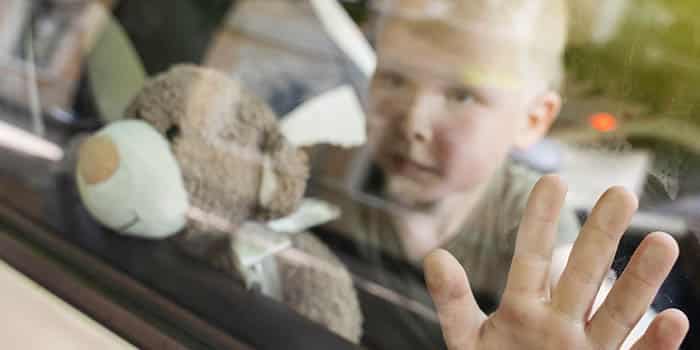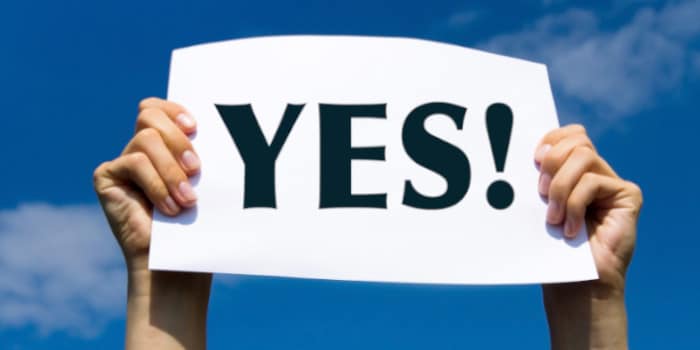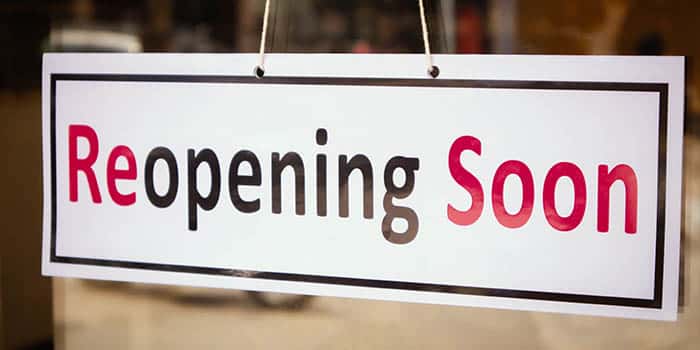- Casino
- By State
- Alabama
- Alaska
- Arizona
- Arkansas
- California
- Colorado
- Connecticut
- Delaware
- Georgia
- Florida
- Hawaii
- Idaho
- Illinois
- Indiana
- Iowa
- Kansas
- Kentucky
- Louisiana
- Maine
- Massachusetts
- Maryland
- Michigan
- Minnesota
- Mississippi
- Missouri
- Montana
- Nebraska
- Nevada
- New Hampshire
- New Jersey
- New Mexico
- New York
- North Carolina
- North Dakota
- Ohio
- Oklahoma
- Oregon
- Pennsylvania
- Rhode Island
- South Carolina
- South Dakota
- Tennessee
- Texas
- Utah
- Vermont
- Virginia
- Washington
- West Virginia
- Wisconsin
- Wyoming
- By State
- Slots
- Poker
- Sports
- Esports
Statistics Canada: Indigenous Canadians and 15YO Experience Higher Rates of Gambling Addiction
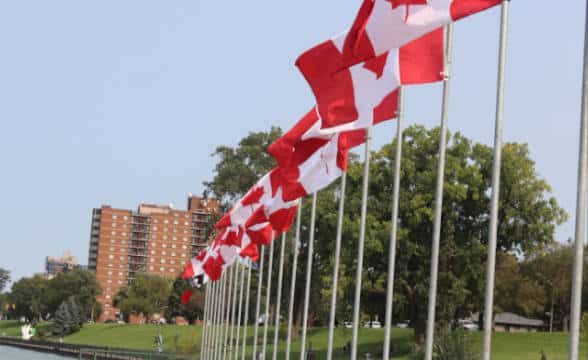
A new study by Statistics Canada has established higher rates of gambling addiction in the Indigenous population of Canada and minors. According to the study, almost two-thirds of Canadians who are at least 15 years of age had gambled in the year leading to the survey data, with the rates of addiction growing among the Indigenous population.
Indigenous People and Gambling
The evidence is based on data from the 2018 Canadian Community Health Survey and Gambling Rapid Response. Indigenous Bar Association Drew Lafond is not sure if those numbers are completely accurate, he told CBC Canada and argued that there are other factors to consider, such as generational trauma that leads to gambling addiction and other mental disorders.
Lafond told media correspondent Anna Wdowczyk that there were “well-documented reasons” and “systemic factors” that played a role in the prevalence of gambling addiction and disorder among Indigenous people. Gambling is an important part of First Nation’s cultural, ceremonial, and economic lifestyles, Lafond added.
Operating casinos on-reserve is partially linked to reclaiming the right to run a business. However, there are certain challenges that now need addressing. One of the people who worked on the study, Alberta Gambling Research Institute coordinator Robert Williams, said that casino revenues have remained fairly flat while the incidence of gambling addiction has grown.
Part of this problem can be blamed on electronic gaming machines, which tend to lead to higher rates of addiction. The study delved into some serious numbers, with two-thirds of Canadians aged 15 or older or 18.9 million youngsters reporting to have gambled in the year leading up to the interview.
Breaking Down the Numbers
Some 304,400 individuals were at a moderate-to-severe risk of developing further gambling problems. Non-immigrants were reported having gambled (69.7%) compared to (51.9%) for immigrants, for example.
The survey specified the rate of gambling among Indigenous people (72.4%) versus (64.2%) for non-Indigenous gambling participants. Interestingly, people from lower-income households were more reluctant to gamble when compared to those with a better financial standing. According to the research, 71.5% of Canadians from the highest income households interviewed said that they had gambled in the past year.
However, wealthy Canadians were less likely to be at a moderate-to-severe risk of gambling problems, just 1.1% of all who played. Meanwhile, 53.8% of lower-income household gamblers said that they had gambled in the past year. Out of those, 2.7% were now at moderate-to-severe risk of developing a gambling problem.
Although Fiona doesn't have a long-spanning background within the gambling industry, she is an incredibly skilled journalist who has built a strong interest in the constantly growing iGaming network. The team at Gambling News is glad to have her on our roster to help deliver the best stories as soon as they hit. Aside from writing, she loves to dabble in online casino games such as slots and roulette, both for her own enjoyment and also as research to better improve her understanding of the industry.
Must Read
More Articles




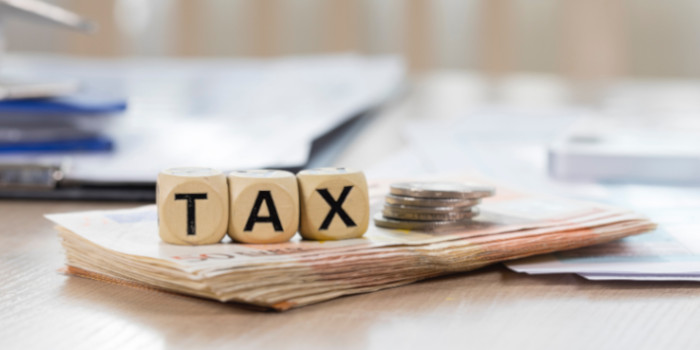
Industry
July 15, 2025
UK Considers Gambling Tax Hike to Fill Budget Gap

Casino
July 15, 2025
Uno Is Coming for Casinos in the United States
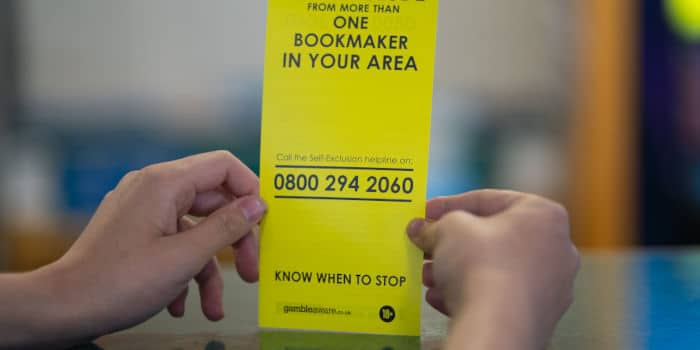
Industry
July 14, 2025
GambleAware Launches Milestone Self-Awareness App
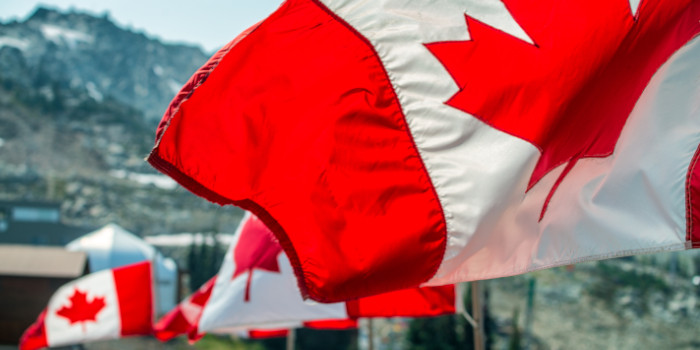
Casino
July 14, 2025
Number of Canadian Travelers to the US Slumps Again




